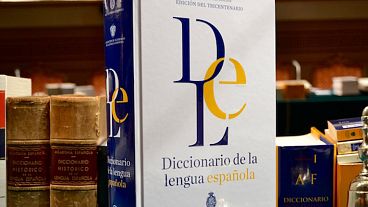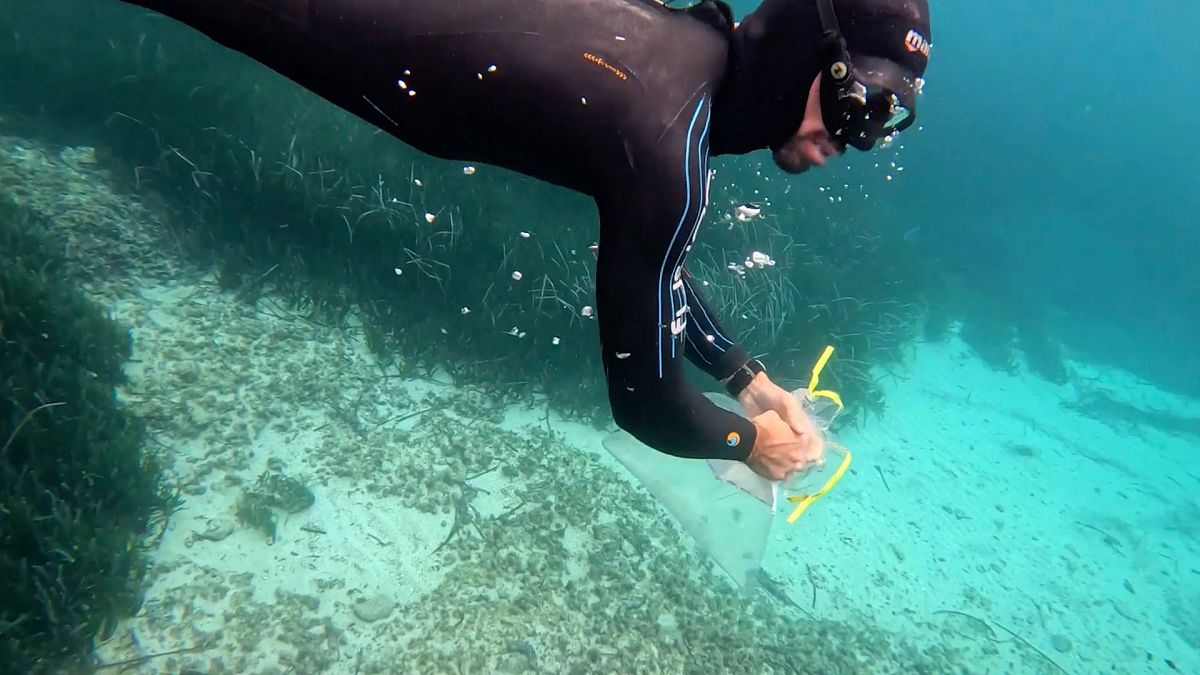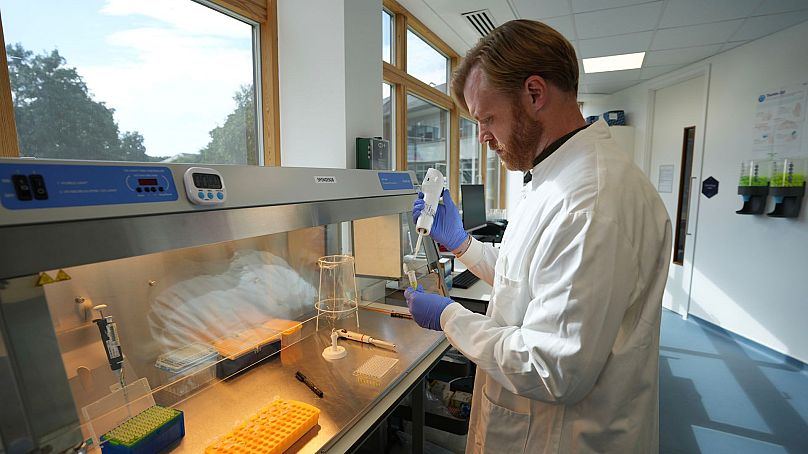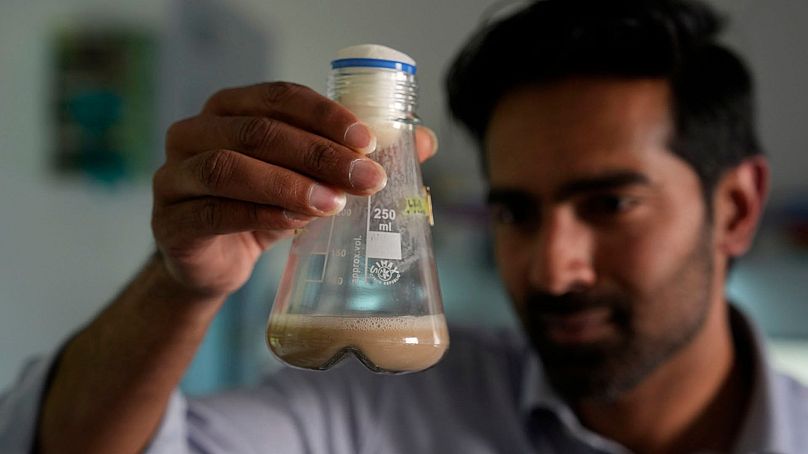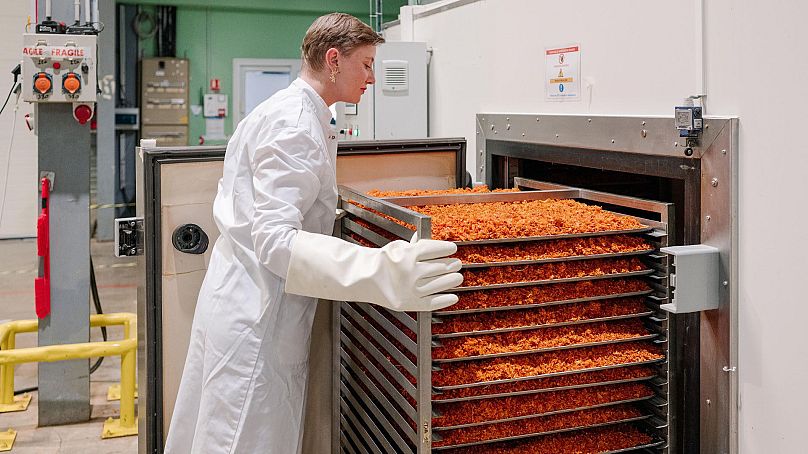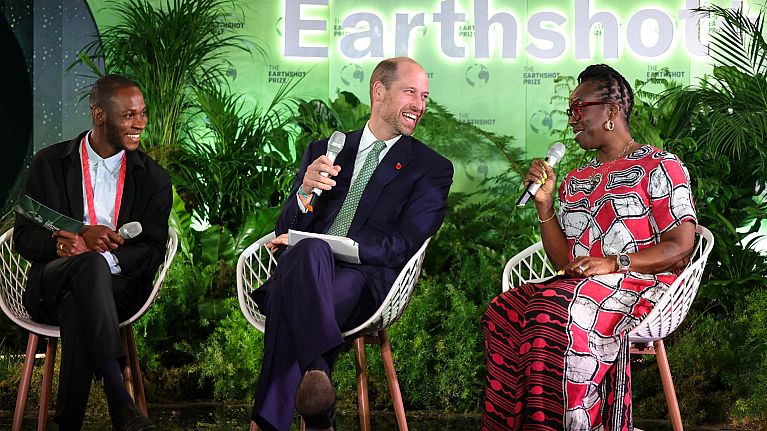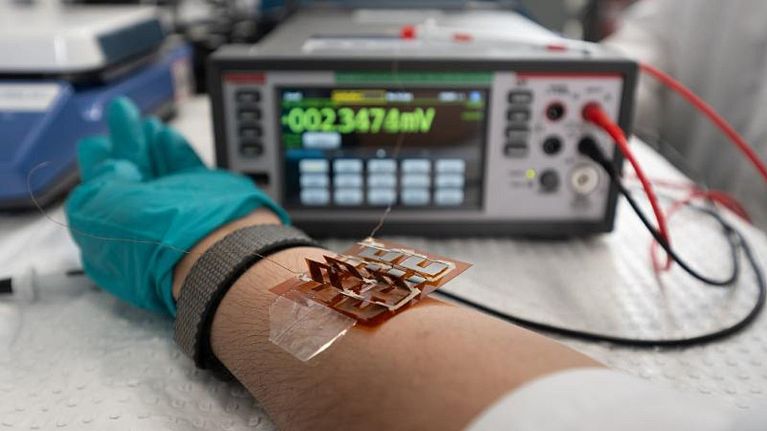From sustainable fish feed to environmental DNA, these are Europe's finalists for the global environmental award.
Nutritious food waste, eDNA sampling and sustainable fish feed: three European start-ups have made it to the final of The Earthshot Prize this year.
Created by the UK’s Prince William, the global environmental award recognises and resources some of the most promising climate solutions around the world.
Of nearly 2,500 nominations spanning 139 countries, only 15 have made the final cut. Five of them will receive a £1 million (€1.2m) prize when the winners are announced on 6 November.
Here’s everything you need to know about the European finalists.
What is eDNA and how can it help businesses go green?
Helping to protect and restore nature, the UK’s NatureMetrics has been selected as a finalist for The Earthshot Prize.
It uses environmental DNA (eDNA) technology to allow for biodiversity monitoring and impact reporting.
This involves collecting DNA traces from air, land and water samples rather than from an individual plant or animal. This gives a broader picture of the living organisms that call an environment home - both above and beneath the surface - as they shed DNA into their surroundings.
Billed as “the world’s first nature performance monitoring service”, NatureMetrics converts this data into meaningful insights to help businesses understand their dependencies, impacts and risks relating to nature.
It can be used to reduce their impact, demonstrate their progress, and make better business decisions that are aligned with the latest environmental frameworks and science-based targets.
More than 500 companies in 104 countries already use NatureMetrics, including MSC Cruises, WWF and mining company Anglo American.
How can whisky help make farmed fish more sustainable?
Selected for its efforts to revive our oceans, MiAlgae is another UK-based finalist - this time, tackling the sustainability challenges of fish farming.
Omega-3 fatty acids are essential for both fish and human health. In the wild, fish get these from the algae and plankton they eat, which in turn makes them one of the richest sources of this type of fat.
Farmed fish are often fed omega-3-rich fish oil sourced from large quantities of wild fish. Globally, around half of all fish caught are used for fishmeal and oil - and around 70 per cent of this is used in aquaculture to feed farmed fish and crustaceans, according to a report released in February by Compassion in World Farming (CIWF).
To produce one farmed salmon it takes around 440 wild-caught fish, the report estimates. This has left wild fish stocks either static or declining - yet with the world’s human population growing, the demand for omega-3 has never been higher.
MiAlgae offers a circular economy solution to the problem. Using a patented fermentation process and by-products from whisky distillation, the company grows nutrient-rich microalgae as a direct, plant-based source of omega-3s for aquaculture feed.
How can food waste be transformed into nutritious ingredients?
Over in France, Ferment-Up by Green Spot Technologies has made it to The Earth Shot Prize final for its efforts to build a waste-free world.
The company uses dry fermentation to upcycle discarded fruit and vegetable skins and seeds into highly nutritious ingredients. This not only reduces food waste, but also lowers water usage and emissions.
Cereal grains from brewery leftovers are repurposed as cocoa powder and chocolate replacements. Apple offcuts from the juice industry are fermented into a fruity thickening agent that can be used in apple sauce and baking. And tomato pomace is turned into an umami-rich texturiser that can replace tomato concentrate.
With the world’s population set to grow to 9.3 billion by 2050, according to the UN, food production will need to rise by 60 per cent. Tackling the 1.3 billion tonnes of food waste produced every year is a huge step in the right direction.


